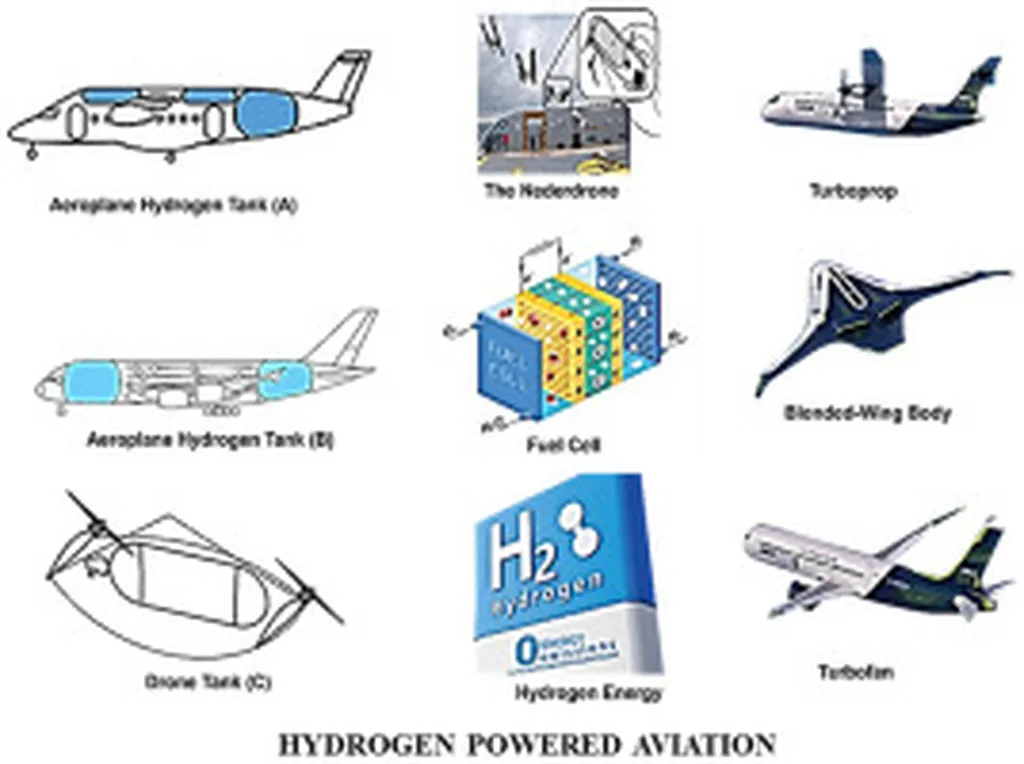In the quest for sustainable aviation, hydrogen has emerged as a promising alternative to traditional fossil fuels, offering a pathway to significantly reduce the environmental impact of the aviation industry. Recent research conducted by Armaan Sharma and Mansur M. Arief has shed new light on the feasibility and benefits of hydrogen as a green fuel alternative, particularly in light aircraft and military applications.
The study underscores hydrogen’s potential to drastically cut emissions, with reductions of up to 74.7% compared to conventional jet fuels. This is a significant step forward in addressing the aviation sector’s contribution to global carbon emissions. The researchers highlight hydrogen’s superior energy-to-mass ratio, which stands at 120 MJ/kg, far surpassing the 43 MJ/kg of jet fuel. This makes hydrogen particularly advantageous for aviation applications when compared to battery-electric alternatives, which often fall short in meeting the high energy demands of flight.
One of the key challenges identified in the research is the need for cryogenic storage systems capable of maintaining hydrogen at an extremely low temperature of -253°C. This requirement poses significant technical hurdles, particularly in optimizing tank placement and developing the necessary fueling infrastructure. Despite these challenges, the study found that the efficiency penalties associated with hydrogen use in military applications are relatively minimal, at just 2.23%. This suggests that hydrogen could indeed be a viable and sustainable alternative for aviation fuel.
The findings have broad implications for the defence and security sector, where the need for reliable, high-performance fuel is paramount. Hydrogen’s potential to meet these demands while significantly reducing emissions could revolutionize military aviation, making it a more sustainable and environmentally friendly endeavour. Moreover, the development of hydrogen-based systems could spur innovation in fuel storage and infrastructure, benefiting both civilian and military applications.
As the aviation industry continues to grapple with the need to reduce its environmental footprint, hydrogen presents a compelling solution. The research by Sharma and Arief provides a robust foundation for further exploration and investment in hydrogen technology. By addressing the identified challenges and leveraging hydrogen’s superior energy-to-mass ratio, the aviation industry can move closer to achieving its sustainability goals. This shift towards green fuel alternatives not only promises to mitigate the environmental impact of aviation but also to redefine the future of flight, making it cleaner, greener, and more efficient. Read the original research paper here.

